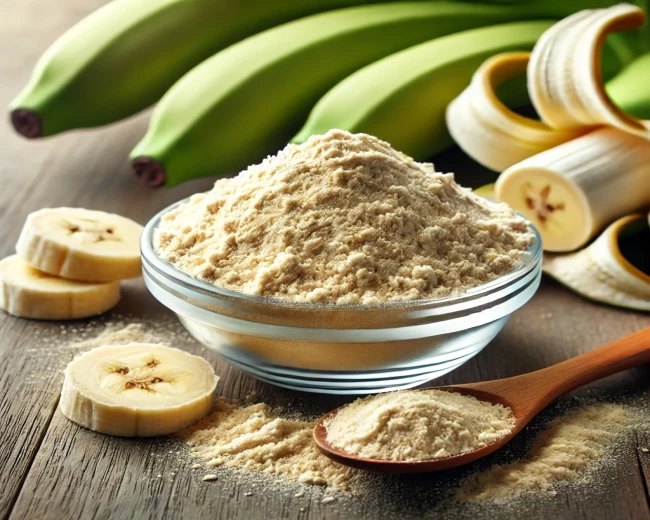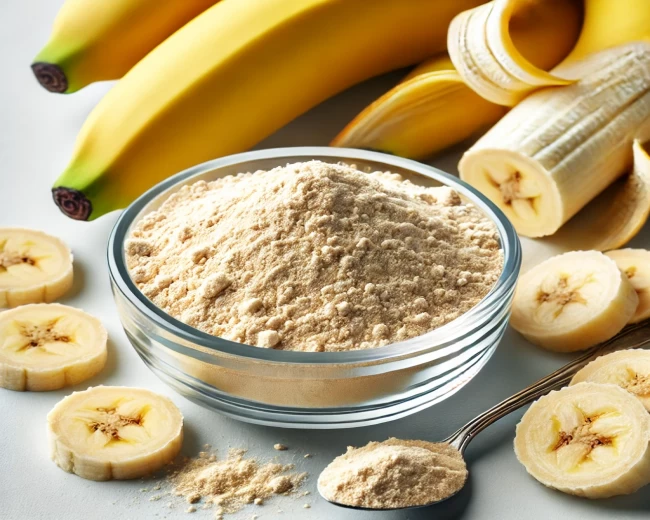Cumin Seeds
Cumin seeds are the small, dried fruits of the Cuminum cyminum plant, which belongs to the parsley family. These seeds are typically oval, about 5-7 millimeters long, and have a pale brown or light yellow color. Cumin seeds have a distinctive, warm, earthy flavor profile with a slightly nutty, spicy, and sometimes citrusy taste. When ground, they release a more intense, aromatic essence that is both savory and mildly bitter.
Key Characteristics:
- Flavor: Cumin seeds have a bold, warm, earthy flavor with a hint of citrus and a subtle bitter undertone.
- Aroma: Their fragrance is strong and aromatic, often described as earthy, smoky, and spicy.
- Texture: When whole, cumin seeds are firm and crunchy; when ground, they are finely textured and easily blend into spice mixes and dishes.
Culinary Uses:
Cumin seeds are widely used in various global cuisines, including Indian, Middle Eastern, Mexican, and Mediterranean. They can be used whole or ground into powder. Cumin adds depth to curries, soups, stews, spice blends (such as garam masala), and meats. It is also used to season rice, lentils, vegetables, and even certain baked goods. In many cuisines, cumin is first toasted in hot oil or dry-fried to bring out its rich, smoky flavor before being added to dishes.
Health Benefits:
Cumin is also known for its potential health benefits, including aiding digestion, boosting metabolism, and providing antioxidants. It has been used traditionally to treat indigestion, bloating, and gas.
Overall, cumin seeds are a versatile spice that enhance both the flavor and nutritional profile of many savory dishes.




